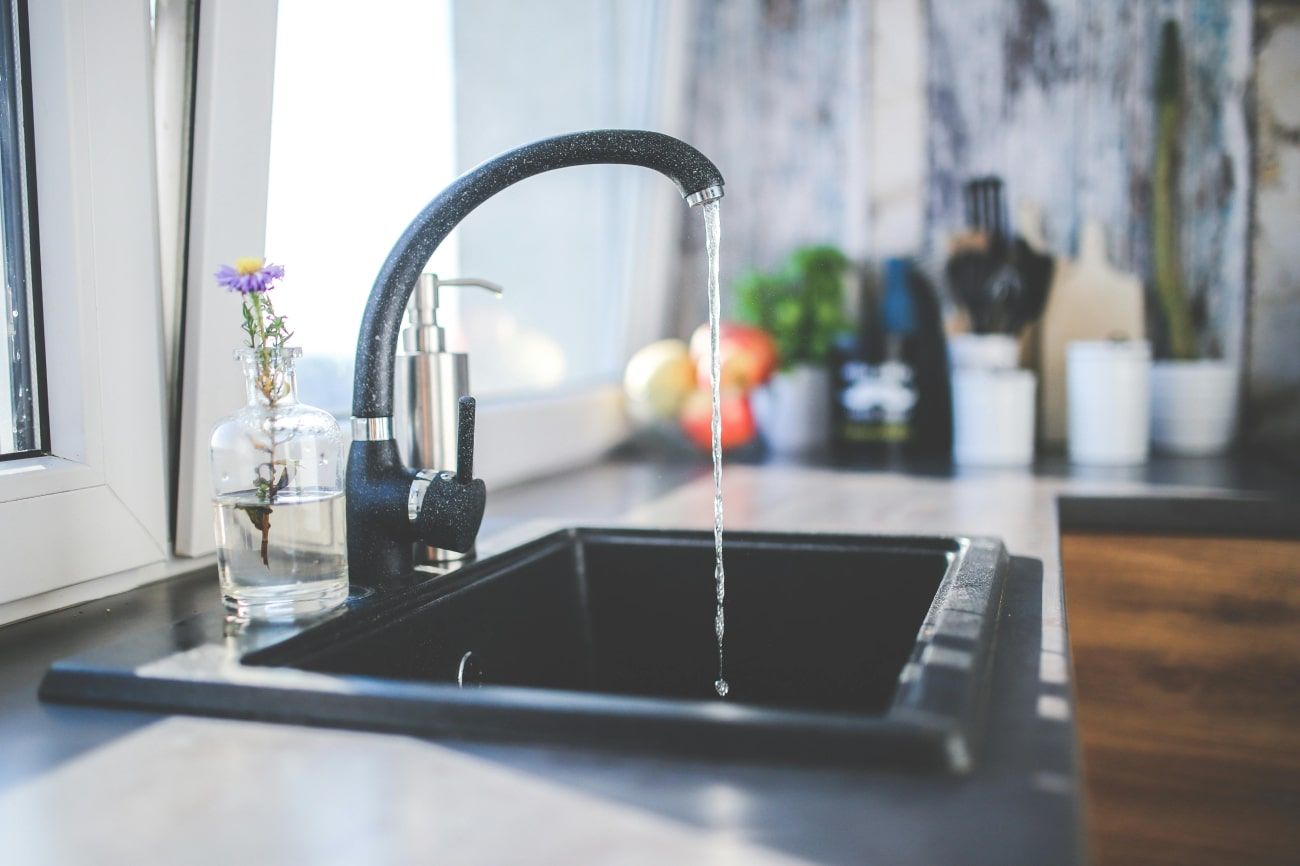
How to Fix Common Water Leaks at Home?
Water leaks can be a nightmare for homeowners, causing significant damage to your property if left untreated. Even small leaks, if ignored, can lead to higher water bills and potential structural damage. Fortunately, repairing water leaks is often a manageable task that doesn’t always require a professional plumber. With the right tools and patience, you can fix leaks around your home and prevent further water damage.
In this blog, we’ll explain how to locate, diagnose, and repair common water leaks efficiently.
-
Identify the Source of the Leak
Before starting any repair work, it’s essential to identify where the leak is coming from. Water leaks can occur in various places, including:
-
Pipes
Water pipes often leak due to wear, corrosion, or loose fittings. Inspect pipes in areas like under sinks, behind walls, or in crawl spaces.
-
Fixtures
Faucets, showerheads, and toilets can develop leaks around their seals, causing water to pool around them.
-
Roof Leaks
Damaged shingles or cracks can cause roof leaks, allowing water to trickle into the attic or walls.
-
Appliance Leaks
Washing machines, dishwashers, and water heaters are common leaks, often caused by damaged hoses, connections, or faulty parts.
-
-
Turn Off the Water Supply
Safety comes first when dealing with plumbing repairs. To prevent further water damage, turn off the main water supply to your home before addressing the leak. If the leak is isolated to a specific fixture or appliance, turn off the water supply to that area instead. This step ensures water doesn’t continue to flow during the repair process.
-
Repair Common Water Leaks
Here’s a quick guide to addressing some of the most common types of leaks:
-
Fixing Leaky Pipes
You can often repair pipe leaks using pipe repair clamps or sealants. For small leaks, you can wrap the area with a rubber patch and secure it with a hose clamp. Consider using epoxy putty or calling a professional plumber for a more permanent fix for larger leaks. If the pipe is significantly damaged or corroded, replacing the section of the pipe may be necessary.
-
Sealing Faucet and Toilet Leaks
Worn-out washers or faulty seals usually cause leaks around faucets or toilets. Swapping out the rubber washer or O-ring inside the faucet handle often fixes the problem. When toilets leak around the base or from the tank to the bowl, you may need to replace the wax ring under the toilet or adjust the tank’s water inlet valve.
-
Repairing Roof Leaks
Roof leaks can be challenging to repair, especially for those without roofing experience. If the leak is due to damaged shingles or tiles, you can replace them individually. For more extensive damage, a roofing professional may be required to seal or replace the roof membrane. In the meantime, use a waterproof tarp to prevent further water intrusion.
-
Fixing Appliance Leaks
Leaks in appliances like dishwashers or washing machines can usually be fixed by tightening connections or replacing damaged hoses. Inspect hoses for any signs of cracks or bulges and replace them if necessary. If the leak comes from the appliance, check the manufacturer’s manual for troubleshooting tips or contact a professional.
-
-
Understand When to Call a Professional
While you can repair various water leaks alone, certain situations may require professional help. If the leak is extensive, involves significant plumbing or electrical systems, or if you can’t find the source of the tiling, a plumber or contractor may be the best course of action. A professional will have the tools and expertise to address the issue quickly and safely, preventing further damage to your home.
Water leaks can cause significant damage if not addressed promptly. By following the steps outlined in this blog, you can easily tackle common water leaks around your home. Start by identifying the source, turning off the water supply, and repairing the problem with appropriate materials. However, if the issue persists or exceeds your abilities, don’t hesitate to call a professional. Taking timely action can save money, prevent significant damage, and protect your home.
